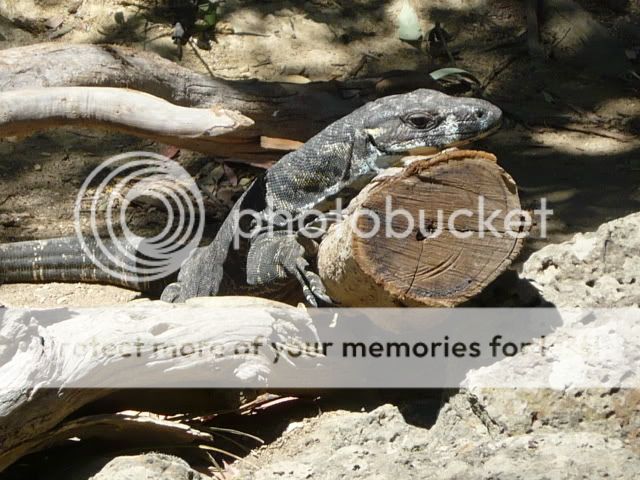seumas12345
Well-Known Member
i use canon 1d mark III,
90mm f2.8 macro lens and other gear such as 24-70, 70-200 both 2.8
a **** flash that i dont really use that much 430ex
and i use a tourch
but i think camera play a pretty important part though is not the be all and end all. if u can compose and expose an image well then camera only comes down to the quaility and finer details and precision.
as for photoshop, it can only be used to enhance. if the photo is **** in the first place u will never be able to make it great using photoshop!
Fair point. I mean without sounding arrogant, I consider myself fairly creative and I am certainly not technology illiterate. It's just take for instance the pics on the first page. They were just flawless IMO... Obviously I will continue to get better with practise (I have only had my DSLR for a few months), but I'm so keen to get shots like you guys are getting on here. For instance, I spent about 1/2hr shooting butterflies, and about an hour at a creek, and these were the best shots I've come up with. Got any tips/pointers for me?








